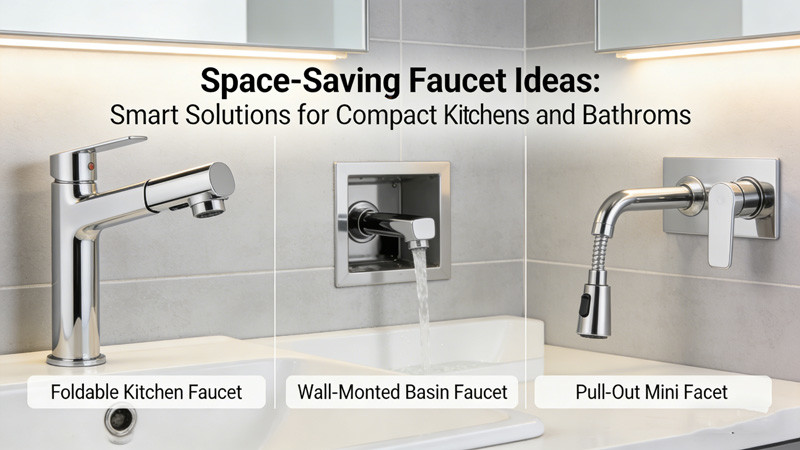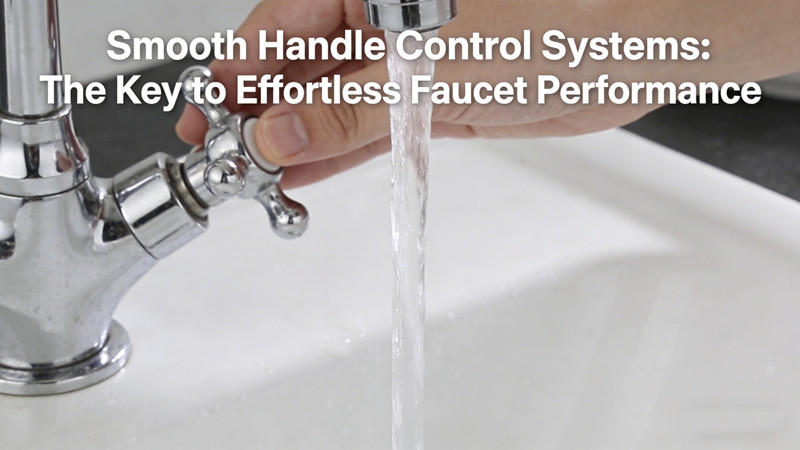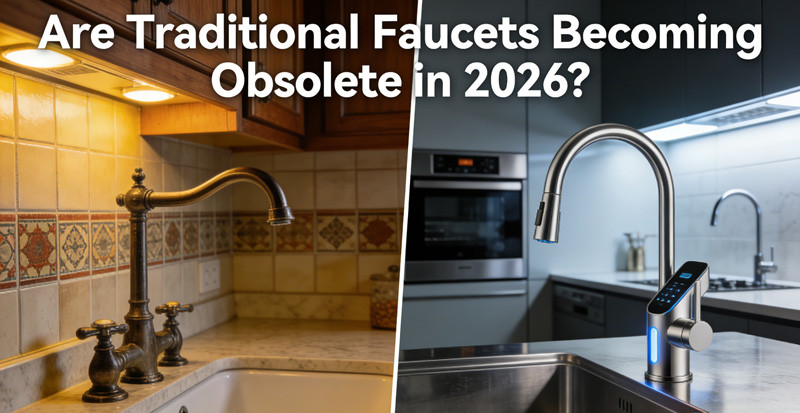Hard Water Vs Soft Water: Understanding The Differences
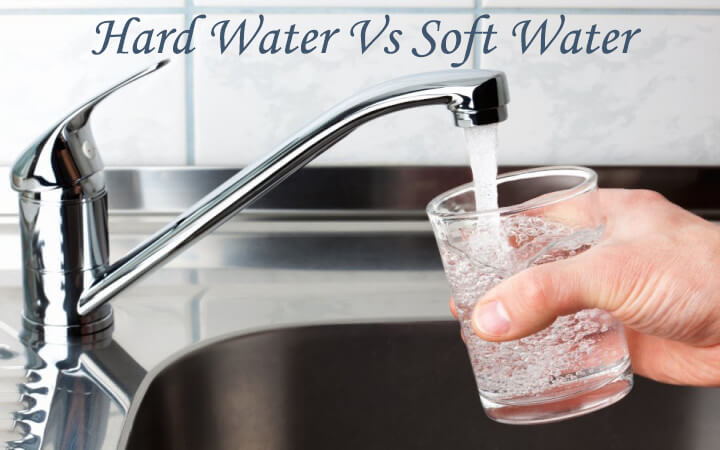
Water is a vital resource that is used for various purposes, such as drinking, cleaning, and cooking. However, not all water is the same. Depending on where you live, your water may be classified as either “hard” or “soft.” In this post, we’ll explore the difference between hard water and soft water, their characteristics, and the benefits and drawbacks of each.
What is Hard Water?
Hard water is water that contains high levels of dissolved minerals, primarily calcium and magnesium, but can also include other minerals like iron, manganese, and zinc. These minerals are typically picked up by the water as it passes through rocks and soil and can accumulate in the water source, such as wells, underground aquifers, or reservoirs.
The level of minerals in hard water is typically measured in grains per gallon (GPG) or parts per million (PPM). According to the United States Geological Survey (USGS), water with a mineral content of more than 60 PPM or 3.5 GPG is considered hard.
While hard water is safe to drink, it can cause various problems. For example, it can lead to mineral buildup in pipes, appliances, and water heaters, reducing their efficiency and lifespan. This mineral buildup can also lead to clogs and reduced water flow, which can be frustrating for homeowners.
Hard water can also make it more difficult to clean dishes and clothes, as it can leave spots and stains. Additionally, it can make it harder to create a lather with soap, leading to an increased use of soap and detergents.
What is Soft Water?
Soft water, on the other hand, contains fewer dissolved minerals, primarily calcium and magnesium. This can be achieved through various methods, such as using water sources that naturally have low mineral content or treating water through a process called ion exchange.
Water with less than 60 PPM or 3.5 GPG of dissolved minerals is considered soft, according to the USGS.
Soft water has many benefits. For example, it can help prevent mineral buildup in pipes, water heaters, and appliances, prolonging their lifespan and reducing the need for maintenance. Soft water can also make it easier to clean dishes and clothes, as it doesn’t leave spots and stains. Additionally, it can create a richer, more sudsy lather when used with soap and detergents.
However, there are some drawbacks to soft water as well. For example, some people find that it feels slippery or slimy when they use it, which can take some getting used to. Additionally, soft water may not be ideal for some applications, such as brewing coffee or tea, as it can affect the taste.
Hard Water vs Soft Water: Which is Better?
The question of whether hard water or soft water is better is somewhat subjective and depends on various factors. Here are some things to consider when deciding which type of water is best for your needs:
- Personal Preference – Some people prefer the taste of hard water, while others prefer the taste of soft water. Additionally, some people find that soft water feels slimy or slippery when they use it, while others prefer the feel of soft water.
- Home Maintenance – If you live in an area with hard water, you may need to spend more time and money maintaining your pipes, appliances, and water heaters. Soft water can help reduce the need for maintenance and prolong the lifespan of your household items.
- Cleaning – Soft water can make it easier to clean dishes and clothes, as it doesn’t leave spots and stains. Additionally, it can create a richer, more sudsy lather when used with soap and detergents.
- Health – Some studies have suggested that drinking hard water may provide health benefits, as the minerals in the water can help contribute to our daily intake of calcium and magnesium. However, these minerals are also available in other dietary sources, so it’s not essential to rely solely on water as a source of these minerals.
- Environmental Impact – The process of treating water to make it soft can have an environmental impact, as it requires energy and resources. Additionally, the discharge from water softeners can contribute to the buildup of salt in waterways, which can harm aquatic life.
- Overall, there is no definitive answer to the question of which type of water is better. It depends on various factors, such as personal preference, home maintenance needs, and environmental concerns.
How to Test Your Water
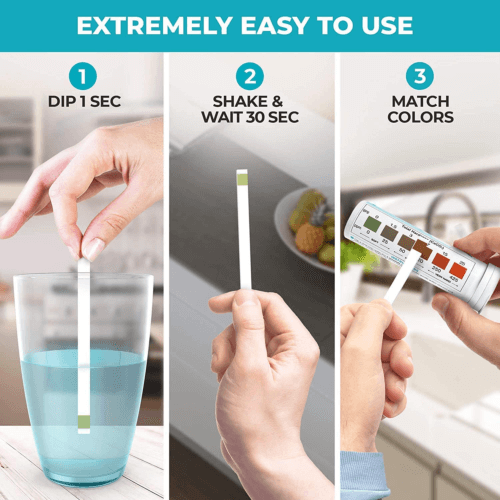
If you’re not sure whether you have hard water or soft water, there are several ways to test your water. One of the easiest methods is to use a water testing kit, which you can purchase online or at a hardware store. These kits typically come with test strips that you can dip into a sample of your water to determine the mineral content.
Alternatively, you can also look for signs of hard water in your home. For example, if you notice mineral buildup on your faucets or showerheads, or if your clothes and dishes have spots and stains after washing, you may have hard water.
How to Treat Hard Water
If you have hard water, there are several ways to treat it. One of the most common methods is through a process called ion exchange, which involves removing the minerals from the water and replacing them with sodium or potassium ions. This process can be achieved through a water softener system, which can be installed in your home.
Another method for treating hard water is through a process called reverse osmosis, which involves passing the water through a semipermeable membrane to remove impurities and minerals. This process is typically used in commercial or industrial settings but can also be used in homes.
Conclusion
In conclusion, the differences between hard water and soft water are primarily related to the mineral content of the water. Hard water contains high levels of dissolved minerals, primarily calcium and magnesium, while soft water contains fewer minerals. Both types of water have their benefits and drawbacks, and the choice of which is better depends on personal preference, home maintenance needs, and environmental concerns.
If you’re not sure what type of water you have, it’s essential to test your water to determine its mineral content. If you have hard water, there are various methods for treating it, such as through a water softener or reverse osmosis system.
Ultimately, the goal of understanding the differences between hard water and soft water is to ensure that you have access to clean, safe, and healthy water for all your daily needs.
 WOWOW Faucets
WOWOW Faucets
